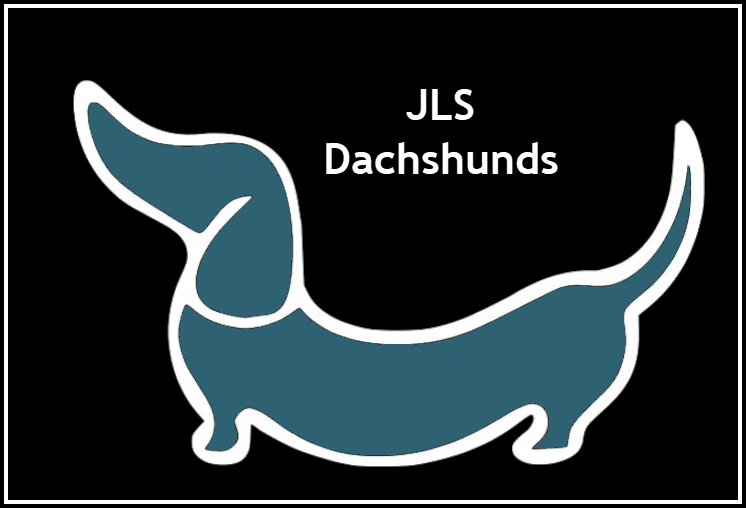
Certain Foods Are Harmful…
Certain foods are harmful or even toxic to dogs and should be avoided. Here is a list of common foods that are bad for dogs and the reasons why:
Toxic Foods
- Chocolate: Contains theobromine and caffeine, which can cause vomiting, diarrhea, rapid breathing, increased heart rate, and even seizures and death.
- Grapes and Raisins: Can cause kidney failure, which may lead to vomiting, lethargy, and in severe cases, death.
- Onions and Garlic: Contain compounds that can damage red blood cells, leading to anemia. Symptoms include weakness, vomiting, and breathlessness.
- Macadamia Nuts: Can cause weakness, vomiting, tremors, and hyperthermia.
- Xylitol (Artificial Sweetener): Found in sugar-free gum, candy, and baked goods. Causes a rapid release of insulin, leading to hypoglycemia (low blood sugar), seizures, liver failure, and death.
Harmful Foods
- Avocado: Contains persin, which can cause vomiting and diarrhea. The pit also poses a choking hazard.
- Alcohol: Even small amounts can cause intoxication, vomiting, diarrhea, coordination problems, central nervous system depression, and potentially coma or death.
- Caffeine: Found in coffee, tea, and certain sodas. Can cause restlessness, rapid breathing, heart palpitations, and muscle tremors.
- Raw Yeast Dough: Can expand in the stomach, causing bloating and potential rupture. Yeast also produces alcohol, which can lead to alcohol poisoning.
- High-fat Foods: Can cause pancreatitis. Foods like bacon, sausage, and other fatty meats should be avoided.
Foods to Avoid
- Cooked Bones: Can splinter and cause internal blockages or tears in the digestive tract.
- Milk and Dairy Products: Many dogs are lactose intolerant and can develop digestive issues like diarrhea.
- Raw Eggs: Can contain Salmonella or E. coli, and avidin in raw egg whites can interfere with biotin absorption.
- Raw Meat and Fish: Risk of bacterial infections and parasites. Certain fish like salmon and trout can carry a parasite that causes “salmon poisoning disease.”
- Salty Foods: Excessive salt can cause sodium ion poisoning. Symptoms include vomiting, diarrhea, tremors, high temperature, and seizures.
- Sugary Foods and Drinks: Can lead to obesity, dental issues, and potentially diabetes.
General Guidelines
- Human Snacks and Junk Food: Chips, cookies, and other processed foods often contain harmful ingredients and excessive salt and sugar.
- Leftovers and Table Scraps: Can contain a mix of harmful foods and are often too high in fat and salt.
Safe Alternatives
- Fruits: Apples (without seeds), blueberries, and bananas in moderation.
- Vegetables: Carrots, green beans, and cucumber slices.
- Cooked Meats: Plain, unseasoned chicken, turkey, and lean beef.
- Special Dog Treats: Designed specifically for canine consumption.
Always consult with your veterinarian if you are unsure about whether a particular food is safe for your dog. Regularly feeding a balanced, vet-approved diet is the best way to keep your dog healthy.
